Pennsylvania is one of twenty-two states that has no organization or agency that sets optician training, certification, and license requirements. Unregulated states, like Pennsylvania, typically allow optical employers to establish their own standards for the opticians they hire. Employers, in these states, will arrange to have new opticians trained by experienced opticians in the same office. Since there are a wide range of businesses that hire opticians, it is not unusual to encounter a broad spectrum of experience and skills among opticians.
Some employers focus a lot on office efficiency and they only require opticians to perform retail sales, customer support, and eyeglass fitting. In these offices, opticians may find that they are only taught the skills necessary to succeed in that one office. Smaller employers oftentimes require opticians to perform many tasks and they actively encourage opticians to expand their understanding of the industry and voluntarily seek certification through the American Board of Opticianry (ABO) and the National Contact Lens Examiners (NCLE). They may even offer to reimburse opticians for exam fees and study materials.
There are some very important benefits that come with optician certification. First, optical employers will generally pay higher optician salaries to individuals who have been certified. They do this because they do not have to invest as much money in optician training and support. Optical employers also know that many customers prefer to be helped by opticians who have met national standards for competence. Credentials are an asset to an optical business and they can often be used as a marketing advantage over competitors.
 Another important benefit associated with certification is the ability to transfer optician credentials between regulated and unregulated states. Most regulated states require that opticians complete the ABO and NCLE exams prior to licensure. Opticians from unregulated states who have been certified may be able to be licensed through reciprocity; whereas, opticians who have not been certified may need to complete further training and take the ABO and NCLE exams before they can be licensed.
Another important benefit associated with certification is the ability to transfer optician credentials between regulated and unregulated states. Most regulated states require that opticians complete the ABO and NCLE exams prior to licensure. Opticians from unregulated states who have been certified may be able to be licensed through reciprocity; whereas, opticians who have not been certified may need to complete further training and take the ABO and NCLE exams before they can be licensed.

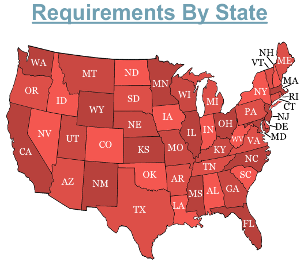

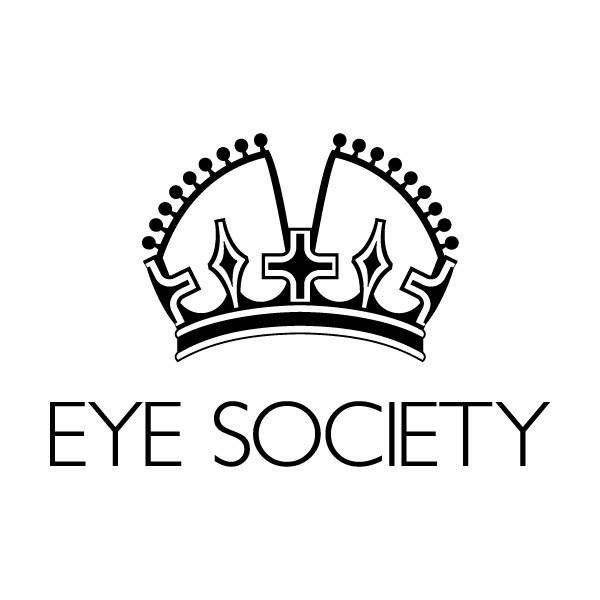

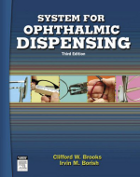
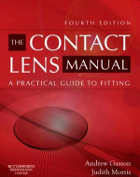
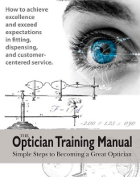
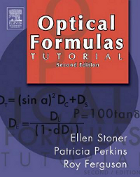
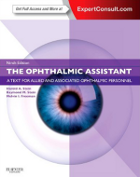
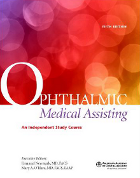
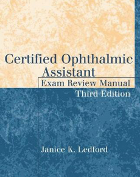
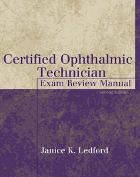
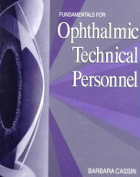
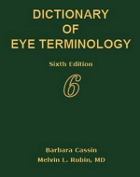
Would someone please tell me why a hair stylist needs a beautician’s license to cut hair, but anyone can fill and dispense an eyeglass Rx in unlicensed states like PA.
The disparity between those who have taken it upon themselves, like me, to further their knowledge in seeking ABO/NCLE certification, and hired, off the street, “opticians” is scary. My only conclusion is that the superstores like Lenscrafters, and possibly optometrists have lobbied against us to squash any possibility of licensure because they would have to pay higher salaries. This is really too bad because the number of good/competent trained people in our industry has dwindled.
Are the ABO/NCLE exams only open to American citizens or can they be taken by overseas-based opticians?
Kim,
The ABO/NCLE does require applicants to be at least 18 years of age and have either a high school diploma or GED to take the exams. Since they do not specify unique expectations for foreign applicants, our best advice would be to contact them directly to see if they will allow you to sit for the exams. Their contact information can be found here.
Hello!
I took the ABO exam in Ohio and am now going to take the ABO in Pennsylvania. Are the exams the same? I had heard that unregulated states are easier! The Ohio exam was tough and I had questions about things that weren’t in my studies or included in the review session I went to. I think the test should be about things Opticians use and not about things that aren’t used! Any input is appreciated.
Paula,
The ABO exam is the same in all states since it is administered by an independent agency. Although many regulated states require opticians to pass the exam in order to offer services to the public, unregulated states do not have such a requirement. In these states, it is typically up to the employer to decide whether or not opticians should be required to become certified. States that administer their own licensing exams may be dramatically different and more difficult than the one offered through the ABO.
I’m becoming licensed in New York and was wondering if my ABO certification will transfer if I move to Pennsylvania?
Nicole,
The certification exam offered through the American Board of Opticianry (ABO) is a national credential that is recognized by employers in every state. A license that is issued in a regulated state is the only thing that may not transfer to another state although many regulated states do offer licensure through reciprocity to individuals who are licensed or registered in another state and who have worked in the industry for a specific period of time.
So am I correct in thinking that a person can perform the job of an optician, i.e. filling prescriptions, grinding lenses, making and selling glasses all without an actual license in Pennsylvania?
David,
You are correct in your thinking. While many states do require opticians to become licensed, Pennsylvania has no regulations that require a license to work in the optician profession.